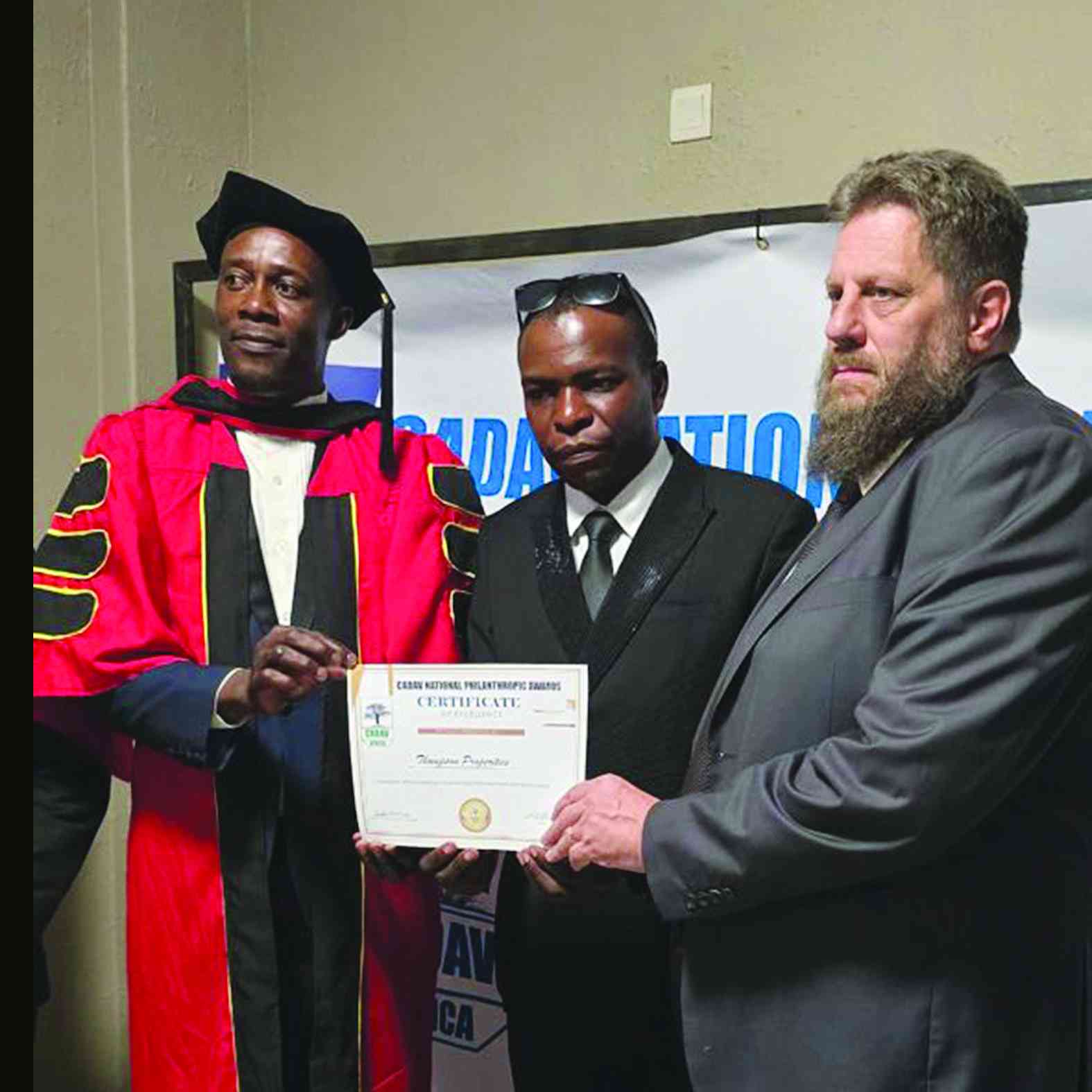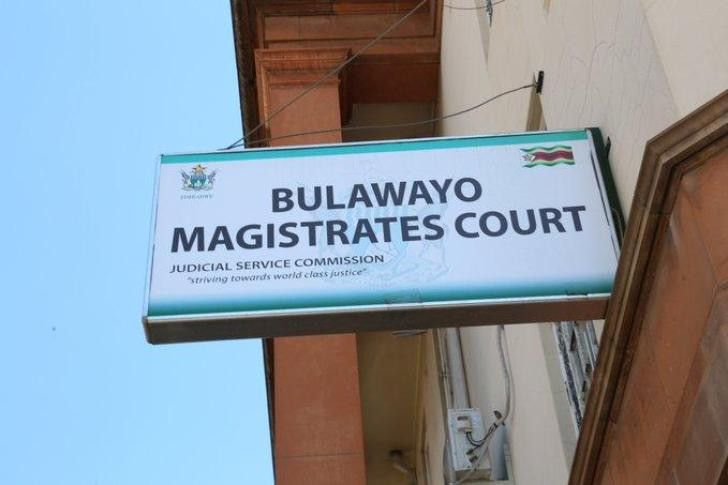The National Aids Council (NAC) through support from the United Nations Development Programme (UNDP) and the Global Fund is intensifying its efforts to address HIV vulnerabilities faced by adolescent girls and young women through the sustainable and affordable boarding schools initiative.
Speaking at the handover ceremony of the facility at St Judes Secondary School in Kwekwe district, Health and Child Care minister Douglas Mombeshora expressed gratitude over the support the Global Fund has rendered to the government over the years.
The Global Fund, in their Grant Cycle 7, which runs from 2024 to 2026 has supported the government with half a billion United States dollars to make sure the country has adequate medicines, health commodities and high impact community interventions to combat Malaria, TB and HIV, Mombeshora said.
“I am, therefore, very pleased to be here today as we witness the results of Grant Cycle 7, which is contributing to national efforts to reduce the burden of HIV in the country,” he said.
“Today we are gathered to hand over the Sustainable and Affordable Boarding Schools (formerly low-cost boarding facilities), whose concept was initiated during the new funding model 2 (2018-2020) phase and in line with government aspirations and commitment to afford every Zimbabwean child a fair chance to excel in school.
“The major aim of this initiative is to address various challenges faced by adolescent girls and young women (AGYW) in their schools and communities.
Keep Reading
- ZRBF rescues hunger-prone communities
- Zim wins bid to host ICASA 2023
- An extraordinary tale of perseverance
- Poverty drives Epworth women into sex work
“As you are aware, the girl child faces unequal power relations, and as a result is at higher risk of HIV infection than the boys.
“It is, therefore, imperative that deliberate efforts be made to reduce the risks faced by adolescent girls and young women in this regard.”
St Judes Secondary School is among eight schools across the country that have benefitted from the projects.
Similar facilities are also in Umzingwane, Chimanimani and Umguza districts.
Kwekwe district has these facilities at St Judes and Silahobe Secondary schools.
“The schools were selected after noting that some girls who live far away from the schools were staying at “bush boarding facilities” which were not safe for them,” Mombeshora said.
“The facilities were prone to community interruptions as the schools are located close to community compounds.
“Additionally, the supported districts are characterised by a high presence of gold panners, long distance truckers and pirate taxi operators who have all been identified as potential perpetrators of abuse to adolescent girls and young women.”
The minister said in addition to the support from the Global Fund and implementation by Plan International, NAC continues to play a key facilitatory role as the coordinator and has provided additional funding for drilling boreholes and fencing of the facilities to ensure access to safe water and beef up the security of the facilities.
He said he was also grateful to the UNDP, who are the principal recipient in the grant, for the work they have done in partnership with the Health and Child Care ministry, NAC Plan International Zimbabwe and local communities in identifying and supporting vulnerable girls in the four districts.
NAC CEO Bernard Madzima in an interview said the country was implementing comprehensive adolescent girls and young women interventions, whose focus is on scaling up gender transformative and social norms and increasing demand for the uptake of HIV prevention services.
“These interventions also include strategies to keep girls in school by addressing evidence proven vulnerabilities such as girls having to travel long distances to school, where-in they are exposed to physical, emotional and sexual abuse, which increases their risk to HIV infection,” he said.
“The support by the Global Fund within the scope of the Dreams (Determined, Resilient, Empowered, Aids-free, Mentored and Safe) partnership, through which these affordable and sustainable boarding school facilities were constructed has therefore been very welcome as it complements government efforts to ensure that girls remain in school and complete their education.
He said the Dreams partnership whose aim is to reduce rates of HIV among adolescent girls and young women includes support for tuition fees, comprehensive sexuality education, school uniforms, stationery, parent to child communication and economic strengthening at over 101 schools in four districts.





